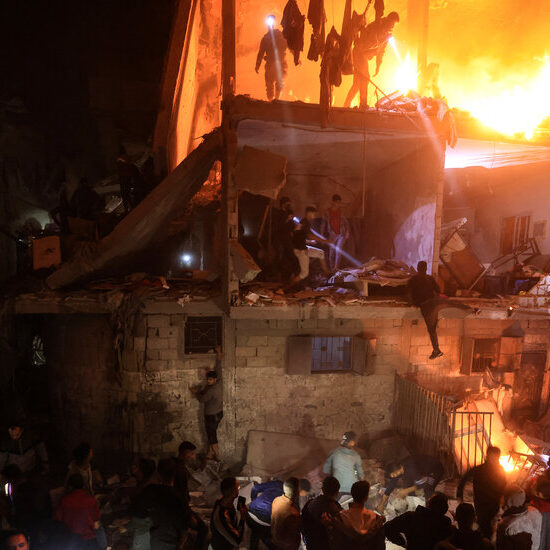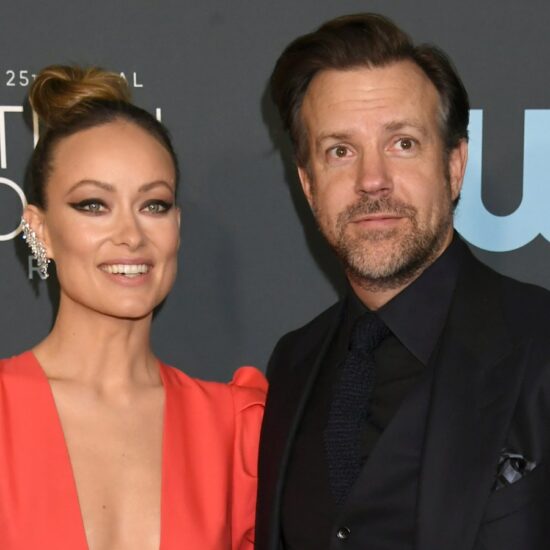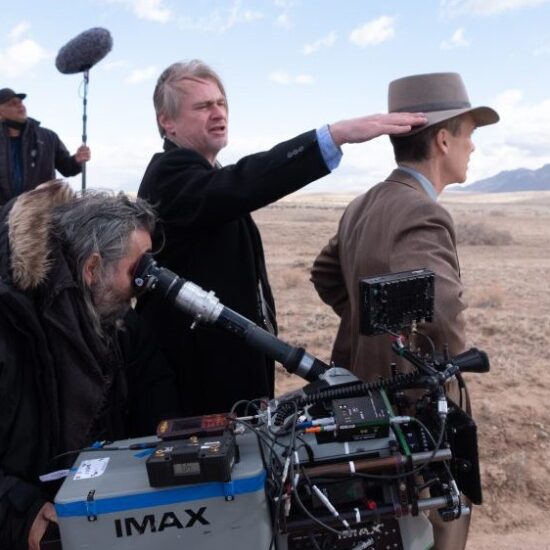
Anyone who’s ever created something worth sharing knows that lightning doesn’t just land in a bottle of its own accord, not even for a select few. Every artist hits a slump once in a while.
For the imagination to flourish, it needs time to reset itself – and that’s exactly what burnout is. It’s not a sign of artistic decline, or a hint that you’re losing your touch.
It’s simply the mind catching its breath and preparing for another round of mental exercise, and it’s an essential part of the creative process.
But, of course, as a working creative, there are times when burnout is, at best, an inconvenience, and at worst, a very large spanner in the works of an important long-term project.
Sometimes, we simply can’t afford to have a dry spell, and on these occasions it helps to have a few tricks handy to deal with it. But first thing’s first.
Accept that burnout can actually be a good thing
This might seem counterintuitive. We see a lot of blog posts and life coaches telling us that burnout is the enemy and that we should take all possible steps to avoid it.Scaremongering about burnout only serves to perpetuate the idea that people experiencing it are going through something negative, and that they should dread feeling this way.
But the truth is that burnout is neither inherently good or bad. It’s simply another way for our brain to tell us that we need to take a break. We need to acknowledge that there is nothing wrong with feeling drained of energy or empty of new ideas.
Immerse yourself in art
Remind yourself why you love what you do. It’s easy to become disenfranchised by your work. It can start to lose its shape and colour, making you feel as though all of your creative output is very similar.
Experiencing new artforms, or even just reliving the past comforts of familiar favourites can reignite your passion and put you back on the right track.
Occasionally, however, observing your favourite art can burn you out even more. We can start to compare ourselves to past masters and lose faith in our abilities. In these situations, it helps if you can surround yourself with the type of work you aspire to create. This can be anything from a series of films, a good book, or even a tutorial on sculpting clay.
Immerse yourself in art about art
A creative drought can be a vicious cycle. You draw a blank, scold yourself for drawing a blank, and as a result you draw more blanks. And so on and so forth. You’re not alone in this. We have long been fascinated with recording the creative process. Documenting the lives of musicians, writers, and filmmakers.
These can be documentaries, like the recent Get Back (2021), an exhaustive investigation into the lives of The Beatles, warts and all, as they prepared for their famous rooftop concert. They can be science fiction, like the episode of Doctor Who, ‘Vincent and the Doctor’ (2010), which opened a window into the life of Vincent Van Gogh, showing the emotional and mental toll that often accompanies creativity. Maybe they’re biopics, like the film Judy (2019), which painted a tragic image of the legendary performing talent that was Judy Garland.
These works are all informative and often poignant, but they serve the burnt out artist by taking the prodigies and virtuosos we admire off of their pedestals, and presenting them as normal, broken people who are more than capable of falling short. And that’s exactly the message we need to hear when we get cold feet about a project or doubt our own talents.

Listen to a podcast
There are some amazingly talented and intelligent people out there spilling the beans on life, the universe, and everything in between, to anyone who’ll listen, for free.
Not only is it a huge relief to take a break from the mad ramblings of your subconscious and hear someone else speak, but it can also be incredibly stimulating for creative brains.
And it doesn’t even have to be a podcast related to what you’re working on. Even a podcast about advances in business technology or hosted telephone systems might send you down a rabbit-hole of possibilities.
Allow yourself to lose focus; let your mind run off with whatever thought or memory is sparked within you. You never know, it might just solve that ultra-specific issue you had with that scene you were writing.
Forget structure and forget rules (…just for a little bit)
It’s so easy to use pre-established structure and rules as a crutch when engaging in any long-studied art form. And that’s not a bad thing, as it’s great that we have the resources to help guide us in our creative careers.
But if you focus too much on the process and the ‘right way’ to do something, you can lose sight of the creativity itself. That doesn’t mean you shouldn’t come back to the rule book every once in a while to check that your script or short film still functions in the way it’s intended to, just don’t keep interrupting your flow to flip to page 37 of your screenwriting manual.
Have the courage to make something messy first, and then worry about polishing it later. Nothing burns you out quite as fast as trying to make something perfect before you’ve even done a basic first draft.

Create for yourself first, and for your audience second
It’s hard to be truly creative when you’re constantly analyzing what your audience wants. And I get it, ignoring your target audience sounds crazy. After all, how is your work supposed to be focused if you don’t have an audience in mind?
But as it is with rules and structure, an over-developed awareness of what people expect from you will stifle the original voice that audiences want to hear.
Like data silos, we store little bits of public opinion in our brains, and let it influence our work. But these individual opinions and preferences are often so dependent on personal experience that they’re no good to us as creators.
If you’ve hit a creative wall and you’re struggling to scale it, it may just be that you’re putting too much importance on the opinions of others. Ask yourself what your project means to you. Sum it up in a sentence and make that one sentence your mantra. Do this, and I’d wager you’d get burnt out far less.
Simply do something else
The creative brain is sometimes like an old lawnmower, and needs a bit of encouragement to get going. Especially if you’ve lost a bit of passion for what was once so exciting to you.
But don’t keep banging your head against the wall. Write a poem, or draw your emotions in a sketchbook. Express yourself in the most minor way possible to normalize that feeling of expression. Sometimes all you need is to put on your best headset for virtual meetings and get lost in an online video game with friends. It’s not procrastination if it helps your mind recuperate.
Many people are mentally stimulated simply by talking through their ideas with other creatives. Make sure to record phone conversations so that you have a record of the things you talked about. This can go a long way to getting the gears in your mind turning again.
By engaging in something completely unrelated to your current project you can reset your focus and regain the creative flare that went walkabout.

The Takeaway
When inspiration strikes it doesn’t tend to stick around permanently. But by using these simple techniques you can create a strong and healthy foundation from which new ideas can grow.
And if all that fails? Just call it a night and go to bed. You’d be surprised how much of a difference a good night’s rest can make. Today you might be burnt out, but tomorrow a different you will pick up the pen, and there’s a good chance they’ll have something new to write.
Jessica Day is the Senior Director for Marketing Strategy at Dialpad, a modern phones for enterprise that takes every kind of conversation to the next level—turning conversations into opportunities. Jessica is an expert in collaborating with multifunctional teams to execute and optimize marketing efforts, for both company and client campaigns. Jessica Day also published articles for domains such as Kanbanize and AirDroid. Here is her LinkedIn.















